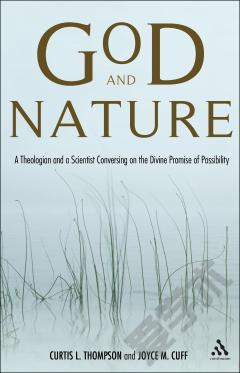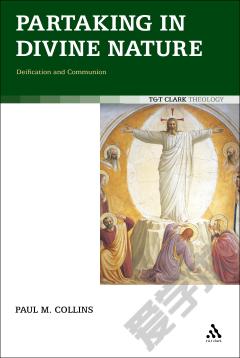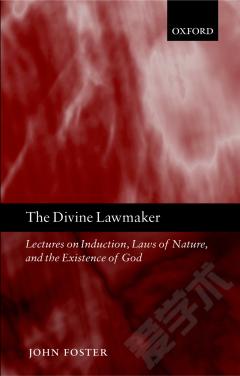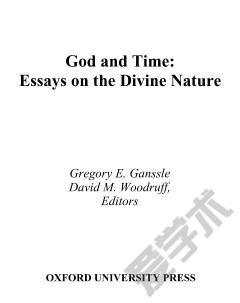The Eternal Covenant —— Schleiermacher on God and Natural Science
----- 永恒的公约:施莱尔马赫上帝和自然科学
Schleiermacher’s readers have long been familiar with his proposal for an ‘eternal covenant’ between theology and natural science. Yet there is disagreement both about what this ‘covenant’ amounts to, why Schleiermacher proposed it, and how he meant it to be persuasive. In The Eternal Covenant, Pedersen argues, contrary to received wisdom, that the ‘eternal covenant’ is not first a methodological or political proposal but is, rather, the end result of a complex case from the doctrine of God, the notion of a world, and an account of divine action. With his compound case against miracles, Schleiermacher secures the in-principle explicability of everything in the world through natural causes. However, his case is not only negative. Far from a mere concession, the eternal covenant is an argument for what Schleiermacher calls, ‘the essential identity of ethics and natural philosophy.’ Indeed, because the nature system is both intended for love and wisely ordered, the world is a supremely beautiful divine artwork and is, therefore, the absolute self-revelation of God. Schleiermacher’s case is a challenging alternative to reigning accounts of God, nature, divine action, and the relationship between religion and science.
{{comment.content}}








 京公网安备 11010802027623号
京公网安备 11010802027623号